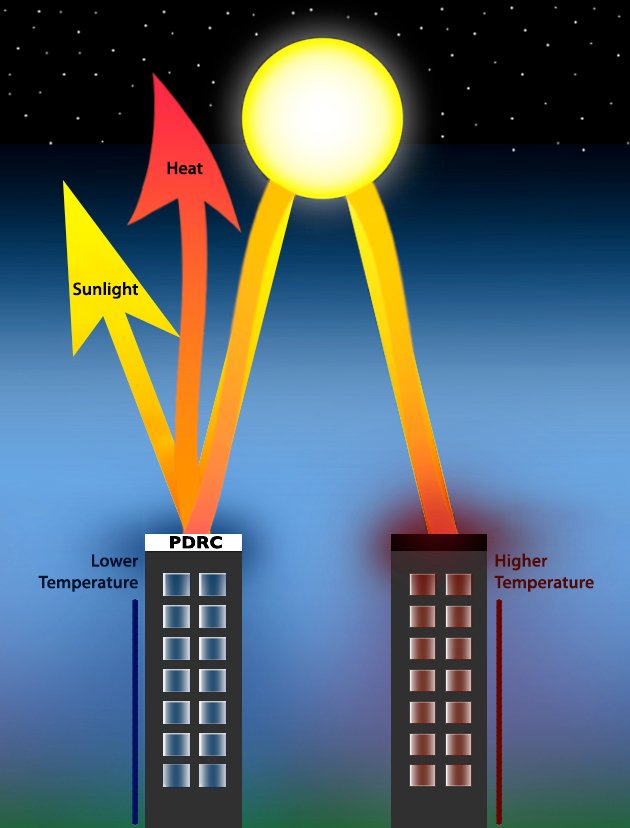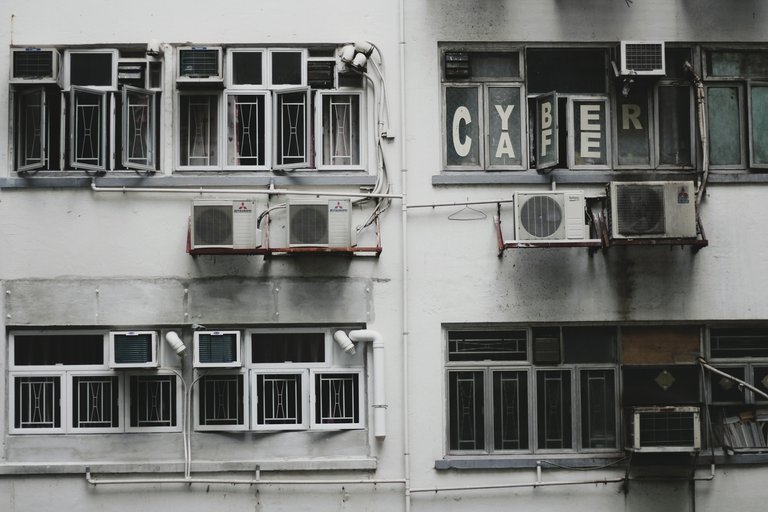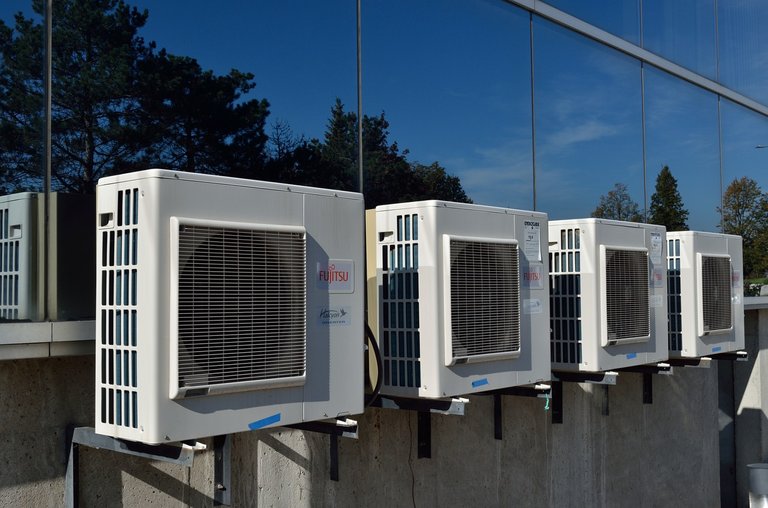About a century ago in Austin, Texas, there was a research on the effect air conditioning in the lives of people when installed in the homes of average people. This might sound funny now but then, air conditioning wasn't something that was found homes rather it was found only in large offices, hotels, movie theaters, and big public buildings. They decided to perform the research on a set of houses they referred to as the air conditioned village where they looked at the effect of cooling air on people's productivity and life, and the result has led to what we are facing today where there is an air conditioning unit in almost every home.
Today, air conditioning counts for one of the most significant contributors of climate change, and 10 percent of electricity globally is used by cooling units and with the heat rise, the energy to be used for cooling might triple by the year 2050. Sincerely, I have a first hand experience with this as my electricity bill is largely consumed by my 2 air conditioning units, followed by my refrigerator.
Running air conditioning units produces greenhouse gases and that is increasing global warming. In a warm world like Nigeria where I am from, almost everyone uses air conditioning to be cool and function at optimum level from their cars, to restaurants, offices, homes, religious places, halls, malls, conference centers and everywhere else and this is because the environment is hot but then the use of this air conditioning units by everyone around the world is just making the planet hotter. Now that we know that air conditioning is causing a lot of environmental damage, what do we do about it.
Before air conditioning people in hot regions found a way to keep their homes cool like my grand parents will tell me that they enjoyed when they lived in thatched houses because the roofs were able to catch air and made their houses cool. Other methods that have been recorded are using wind catcher towers to catch winds and then channel the wind and breezes to the home, another one was the Romans using their aqueduct to drive water through the walls of homes so as to keep the homes cool and so on.

https://commons.wikimedia.org
It wasn't until 1902 that modern cooling was introduced when William Carrier harnessed the power of thermodynamics to cool spaces, and he did so using machines, fans, ducts, heaters, and steam pipes to control humidity and temperature and he tried it in a printing factory. While this was the birth of modern cooling units, it was not available to the average man instead it was used in commercial buildings so engineers who wanted to make money from selling air conditioning decided to install cooling units in 22 houses for experimental purposes where doctors were going to monitor them for about 1 year.
The Researchers concluded by Air conditioning was a good thing to use at home as people who used it were healthier, more comfortable, and more productive. This reshaped lives in the 1920s and people are still using it till date provided you can afford one. While this is serving a purpose of cooling, the compressor and the fans in air conditioning unit consume a whole lot of energy funny enough, the hotter the weather, the more energy they need and since those units push out hot air, they are affecting the environment. As it affects the energy consumption of so many countries, so does it affect release several pollutant.

https://communities.springernature.com
In the 1980s, the refill which was made of Chlorofluorocarbons (CFCs) were destroying the ozone layer and so it was banned and replaced with HFCs (Hydrofluorocarbons) and this releases more greenhouse gasses than carbon dioxide alone. When this unit refrigerants are disposed improperly or when they leak, the greenhouse gasses are released into the atmosphere.
Scientist are working on Caloric materials that absorb heat from the environment and releases cool air to their environment but there is still a long way to go with this, and it isn't going to overtake the current air conditioning that we have very fast because a lot of things will need to be put into consideration.
Reference
https://www.energy.gov/articles/history-air-conditioning
https://www.fixr.com/articles/the-use-of-ac-across-the-world
https://www.unep.org/news-and-stories/story/air-conditioners-fuel-climate-crisis-can-nature-help
https://www.audubon.org/magazine/summer-2022/how-air-conditioning-creates-climate-conundrum
https://www.researchgate.net/publication/320333871_Effect_of_Air_Conditioning_on_Global_Warming_and_Human_Health
https://www.multitanks.com/en/content/39-comparison-between-hydrocarbon-gas-and-cfchfc-air-conditioning-gases
https://www.sciencedirect.com/topics/engineering/chlorofluorocarbon-refrigerant
https://www.ccacoalition.org/short-lived-climate-pollutants/hydrofluorocarbons-hfcs
https://www.carbonbrief.org/hydrofluorocarbon-emissions-up-54-with-air-conditioning-on-the-rise/
https://www.ncbi.nlm.nih.gov/pmc/articles/PMC8048126/
